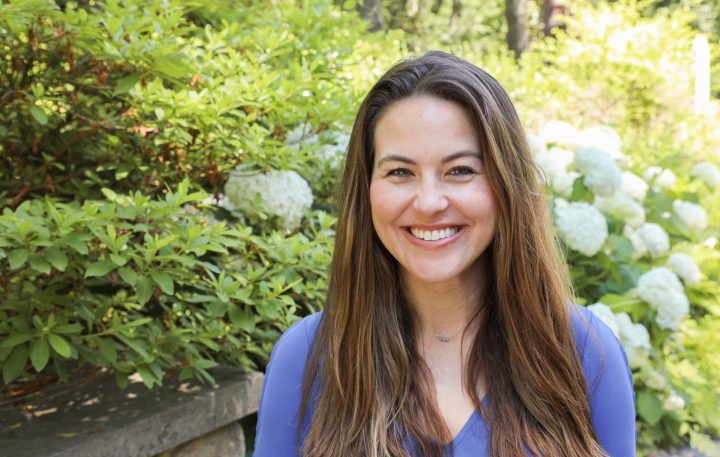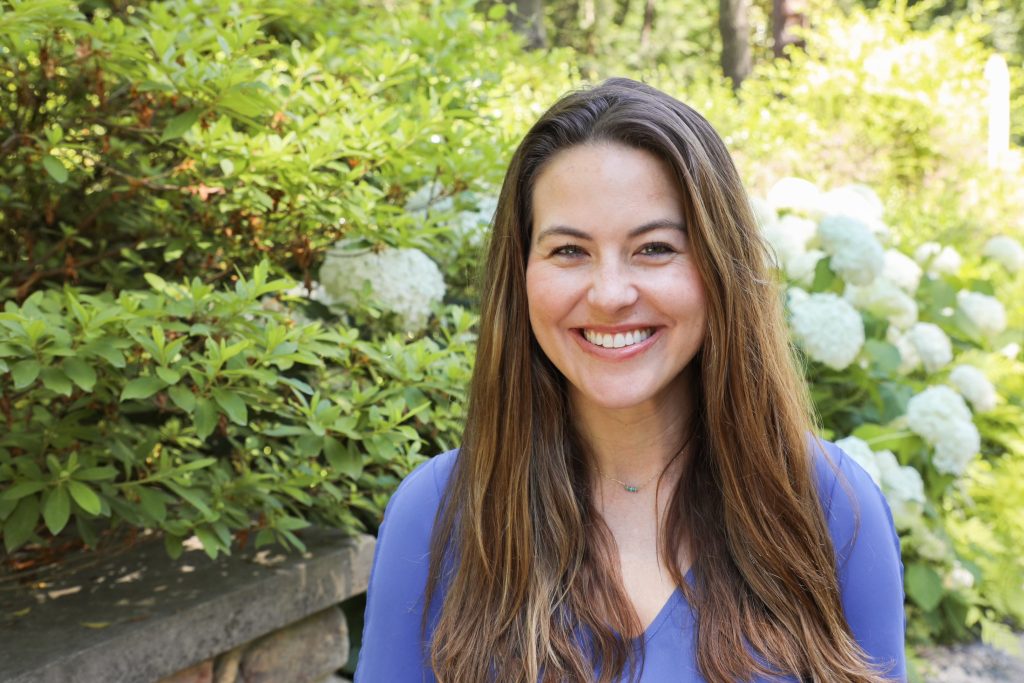
Guidance for International Partnerships
Duke’s Office of Global Affairs builds global bridges.
-By Charles Givens
February 18, 2025
Duke’s Office of Global Affairs (OGA) serves as the main contact for faculty seeking to create or maintain partnerships with other institutions. OGA primarily uses Memorandums of Understanding (MOUs) and Memorandums of Agreement (MOAs) to solidify partnerships. These documents serve as crucial first steps in establishing collaborations with institutions and organizations worldwide.
An MOU is a non-binding agreement, essentially a formalized handshake that signifies the intent to collaborate. “It symbolizes that we want to work together and put a partnership in a more official light,” said Katherine Black Conte, International Partnerships Manager with the Office of Global Affairs. MOUs are often used to explore potential partnerships, particularly in areas like research collaborations, student exchanges or community engagement.

While MOUs are non-binding, MOAs are legally binding agreements that mention the specifics of a collaboration. If an emerging partnership specifies payment of funds, commitments for employment, or such things as student exchange, they require more rigorous review, involving Duke’s legal counsel and often take longer to finalize. OGA provides approved templates for both MOUs and MOAs to ensure compliance with university policy and accreditation guidelines. All agreements, regardless of type, are limited to three-year terms.
The process typically begins when a Duke faculty member, department or school identifies a potential partner and approaches OGA. OGA guides them through selecting the appropriate agreement type and assists with drafting and review. OGA works hand in hand with university Counsel for guidance, as well as with the Associate Vice Provost for Academic Affairs in regards to accreditation. After obtaining necessary approvals from relevant deans or department chairs, the agreement is sent to the partner institution for signature. Finally, OGA obtains the executive vice provost’s signature, completing the process.

“An MOU is important because it’s often the first step of a partnership,” said Conte. It allows parties to formalize their intentions and lay the groundwork for a more concrete agreement if the collaboration proves fruitful. The use of MOUs and MOAs also allows OGA to maintain a record of potential and active partnerships, facilitating future collaborations across departments, schools and institutes and avoiding duplication of efforts.
For Duke faculty and staff interested in exploring international partnerships, OGA is the primary resource. They can contact Katherine Black Conte or Eve Duffy, Associate Vice Provost for Global Affairs, for guidance and support throughout the process. Additional information and resources are available on the OGA website here: global.duke.edu/partnerships
